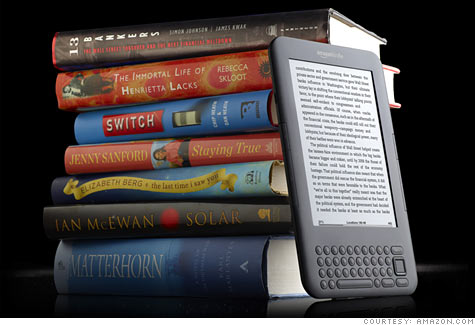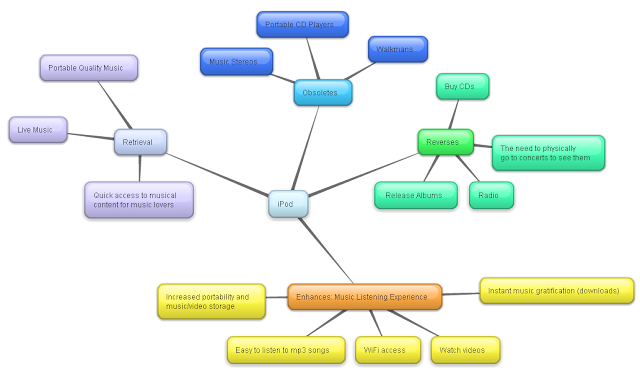Identify a current technology that has emerged in the last few years that shapes learning or productivity in your industry.
According to Walton and Oestreicher’s (2011) presentation at the Eurasia Business and Economics Society’s Conference in June of 2011, accessed here, eBooks have just become “the single bestselling category in American publishing for the first time. The report from the Association of American Publishers also said that eBook sales in February were $90.3m, making digital book the largest single format in the U.S. for the first time” (p. 14). The reason for this disruption can be attributed to the rapid rise in netooks, tablets, and other mobile devices that very quickly proliferated throughout our society, as Reynolds & Ioffe’s (2011) have highlighted on the xplana blog post here. There projections for sales of digital textbooks can be seen on the chart. These and other important discussions about the role of eBooks as a disruptive technology, provide enough evidence that supports the fact that it is an emerged that eBooks/digital books are a disruptive technology in the education and publishing industries.

What problems or challenges have been associated with this technology?
The biggest barriers to textbook adoption have been the devices and formats that the digital books would be displayed on as well as the availability, distribution, and production of digital book content (Reynolds & Ioffe, 2011). The rapid adoption of Apple’s iPad, Amazon’s Kindle, and Barnes and Noble’s Nook among others in the tablet/eReader landscape has created a technological landscape that has mitigated these barriers to adoption because the devices and formats have been more or less created to cross platforms and devices. This has been the reason why this technological innovation has been so disruptive to publishing and educational industries.
What societal need does it meet, and what are its benefits?
Our current societal milieu has an increasing desire to have their hobbies/interests/entertainment be as mobile as they are in addition to the need to be digitally connected socially. The proliferation of digital devices such as tablets, smartphones, and netbooks has been created to meet this desire. The benefits of having any eBook that can be stored in the “cloud” of the Internet and be instantly pulled up at the whim of the reader has physical and psychological benefits. The physical benefits include the ability to have the reader’s entire library of books in digital storage so that they do not need to be physically carried around to be enjoyed at any time. The psychological benefits of searching books and downloading them for a cheap price any time there is an Internet connection is the ultimate satisfaction for the curious and intrigued reader. Both of these and other benefits serve the wants of the readers and the pocketbooks of the businesses providing these services. It is an inevitable result of our consumeristic and capitalistic ideals; instant gratification for a price that is right is considered a societal want which perceived as a need. Publishing companies must be able to provide this service if they are going to remain viable in our technologically savvy society. Companies that cannot provide this service, such as Borders, for example, will have to shutter their doors or downsize. This will make room for new technology-driven companies that can seize the moment and become an important player in the eBook market, such as Inkling, the up and coming digital textbook company and its Apps.

What would make this technology even better, avoiding the pitfalls you identified?
I think that eBooks and devices will continue to flourish and that libraries and other institutions must adapt to these emerging needs in order to remain relevant. The biggest challenges will include protecting copyrights, making eBook formats that can be accessed from multiple platforms and devices without sacrificing the visual needs of reading. Google and Amazon are among the companies who are able to meet these challenges at the moment, and other companies will also focus their research and development to make sure that they are able to compete.
References




